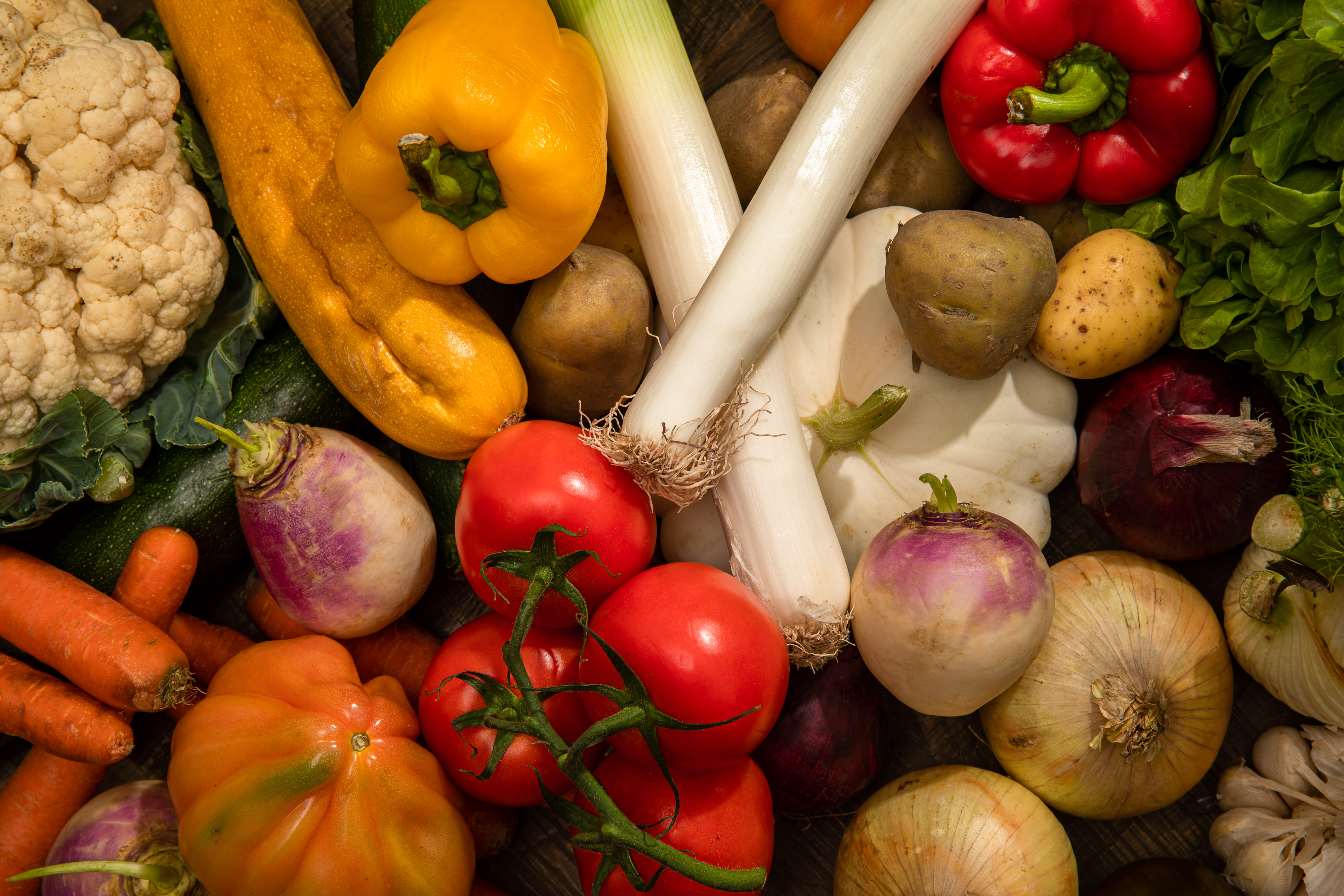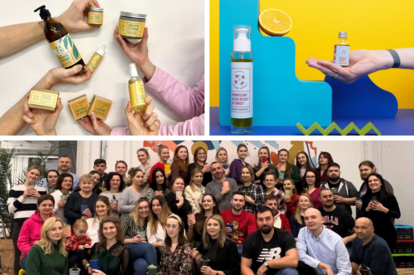
In line with the European Green Deal’s goal to improve people’s health, quality of life and care for nature, the Farm to Fork Strategy addresses an essential element for people well-being: food. European food is known to be of high quality and safety. Furthermore, European food and drink manufacturing enterprises – the majority of which are SMEs – export their products to more than 200 countries. This makes the EU the world’s largest exporter of food and drink products.
With the Farm to Fork Strategy, Europe wants food to be also fair and environmentally friendly. Farmers, SMEs active in the food processing industry, small retail and food service operators will be the key actors towards this new reality.
People pay increasing attention to environmental, health, social and ethical issues nowadays. Likewise, they seek value in food more and more. This is an important business opportunity for farmers and SMEs in the food processing sector who are already engaged in this activity and offer good and clean food.
As Enterprise Europe Network experts, we are often in contact with SMEs that are already following organic farming principles and use more sustainable food production system. We help them with tailored services, like preparing correct food and nutritional labels for their products; producing an environmental label with the right information to facilitate the process of reuse, recovery and recycling of packaging.
The Farm to Fork Strategy aims to design a European food system that is more sustainable for the planet and for people’s health. It is a great opportunity to support small farmers and food producers’ efforts, and to increase the number of other actors that will follow this positive transition.
Thanks to the constant engagement with its clients, the Enterprise Europe Network can help in promoting this vision and can inform SMEs about concrete opportunities available to food operators.
The Network experts are also well connected with local and regional stakeholders of the innovation ecosystem such as regional authorities, universities, technology centres, innovation clusters, business support organisations. This means that they can contribute to draw attention and stimulate exchange of information around the transition to a sustainable food system.
At the beginning of October 2020, Unioncamere Piemonte and Torino Chamber of Commerce, members of the Enterprise Europe Network, organised an event to foster international cooperation between technology provides and food operators on sustainability and circular economy for food.
More than 150 bilateral meetings took place to discuss about:
- reduction of food waste and loss
- sustainable farming
- efficient and sustainable food production
- recovery and valorisation of by-product of food industry
- sustainable packaging
During this sustainability and Circular Economy matchmaking event, a webinar was also organised to promote the European Commission’s call for proposal to identify innovative solutions to support the Farm to Fork Strategy. Funded under Horizon 2020, the European Research and Innovation Programme, the Green Deal Call Area 6 Farm to Fork have a dedicated budget of EUR 74 million. The budget aims at co-funding innovation projects to achieve climate neutral farms, at reducing the dependence on hazardous pesticides as well as food losses and waste and at shifting to sustainable healthy diets.
Around 200 participants from 25 countries - companies, start-up, universities, research and development centres, clusters - joined this event to exchange their knowledge and experience thanks to the support of Enterprise European Network members all over Europe.
This is an example of how the Network can help in fostering international cooperation and promoting the European vision and opportunities to build a sustainable food system.
Photo: © European Union, 2020
Katia Costa has been working as international and innovation advisor at Unioncamere Piemonte, (Regional Chamber of Commerce of Piemonte region, North-West of Italy) on the Enterprise Europe Network program since 2008 and is the member of the Network’s group of experts in agrofood since 2018.
The article was co-authored by Matthia Simone Sorrentino, Communication Adviser at the European Commission for the Enterprise Europe Network.
Related articles

Krill Design, a start-up in Milan, turns food waste into 3D printed, stylish homeware. Discover their inspiring journey and get 5 insider tips on how to incorporate eco-design into your business.

Embedding sustainability into your daily business operations is not only beneficial for the environment, but can also improve your brand reputation, reduce costs, and attract socially conscious...

As clean beauty is reshaping the cosmetics landscape, Four Starlings – a family-owned soap-making business in Poland – is gaining international recognition. We spoke with Grzegorz Sienkiewicz...

In 2018, a group of Greek farmers created Proud Farm Group of Farmers to promote sustainable sheep and goat farming with the help of new technologies. With support from business advisers at ANKO...
